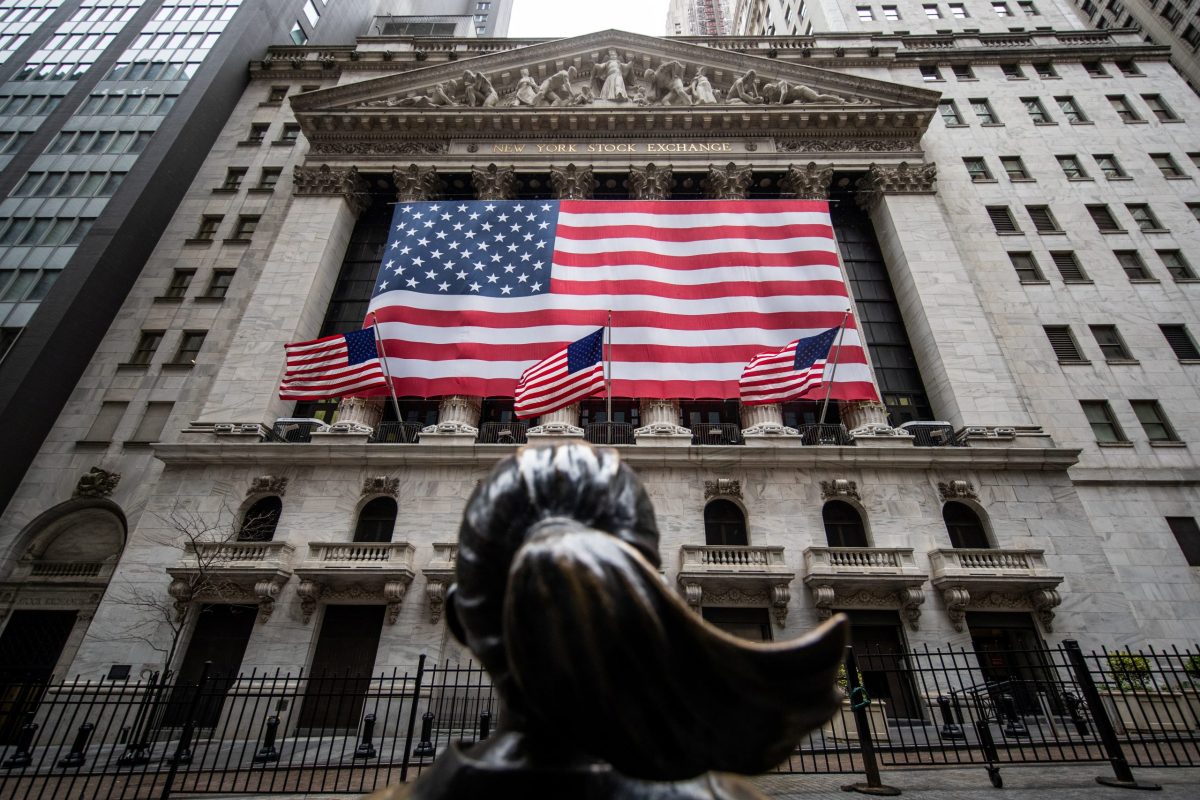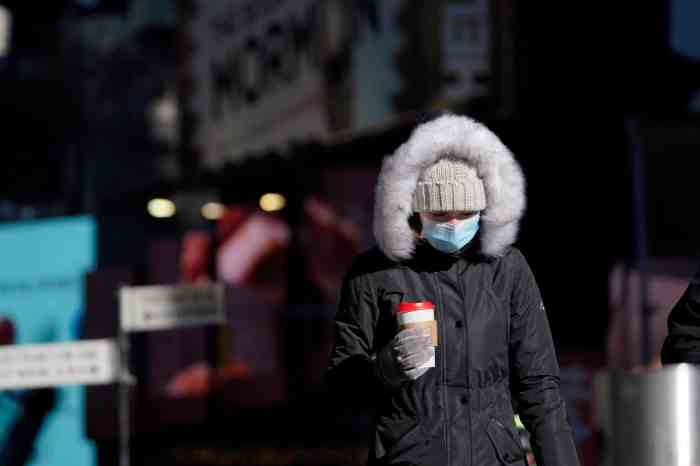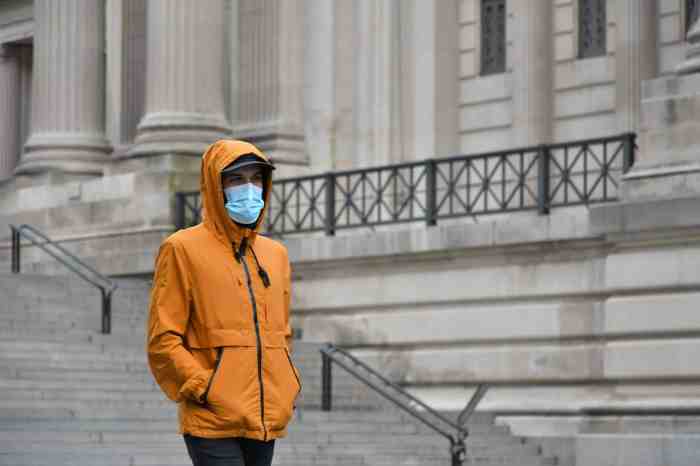BY NOEL RANDEWICH
Wall Street receded on Thursday, a day after hitting two-month highs, on a fresh wave of China-U.S. tensions, raising doubts about the trade deal reached early this year between the world’s two largest economies.
President Donald Trump said the United States would react strongly if China imposes national security laws for Hong Kong in response to last year’s often violent pro-democracy protests.
Earlier, Secretary of State Mike Pompeo criticized Beijing’s handling of the coronavirus outbreak, while a Chinese official said the country will not flinch from any escalation in tensions.
The recent souring relations between the world’s two largest economies over the coronavirus pandemic has raised doubts about the Phase 1 trade deal signed earlier this year, interrupting a rally on the U.S. stock market.
“It seems like China is going to be used as a punching bag for the upcoming elections,” said Bob Shea, CEO and co-chief investment officer at TrimTabs Asset Management in New York.
“The White House has resolved to itself that it is more effective to swing at China than to salvage what was going to already be a watered-down Phase 1 trade deal. You don’t score any points for that,” Shea said.
The S&P 500 has surged over 30% from its March low, but remains down more than 12% from its February record high.
The Nasdaq is less than 5% below its February record high, fueled in recent week by gains in Microsoft <MSFT.O>, Amazon.com <AMZN.O> and other technology heavyweights that many investors expect to emerge from the crisis stronger than smaller rivals.
At 2:22 p.m. ET, the Dow Jones Industrial Average <.DJI> was down 0.11% at 24,547.99 points, while the S&P 500 <.SPX> lost 0.42% to 2,959.2. The Nasdaq Composite <.IXIC> dropped 0.47% to 9,331.64.
Ten of the 11 major S&P sector indexes were lower. Energy <.SPNY>, down 1%, fell the most.
Best Buy Co Inc <BBY.N> fell 3.6% after the electronics retailer reported a 5.3% drop in quarterly same-store sales due to the virus. L Brands Inc <LB.N> surged 20% despite posting worse-than-expected quarterly results but said it will scale down its struggling Victoria’s Secret unit
Discount chain owner TJX <TJX.N> jumped 6.8% to a more than two-month high after it flagged strong sales at its stores that have reopened after lockdowns.
Advancing issues outnumbered declining ones on the NYSE by a 1.11-to-1 ratio; on Nasdaq, a 1.02-to-1 ratio favored decliners.
The S&P 500 posted five new 52-week highs and no new lows; the Nasdaq Composite recorded 51 new highs and four new lows.


















